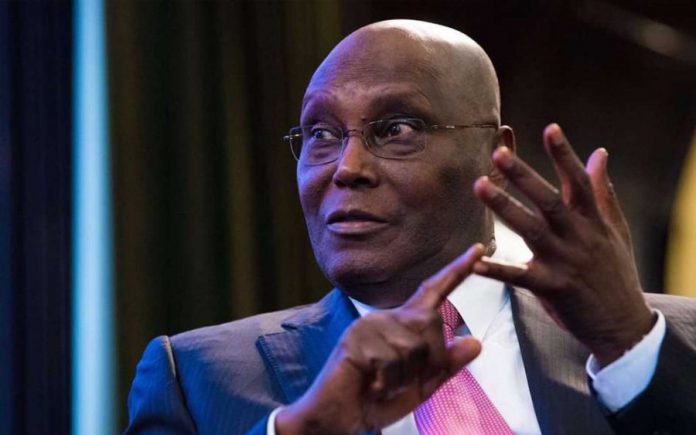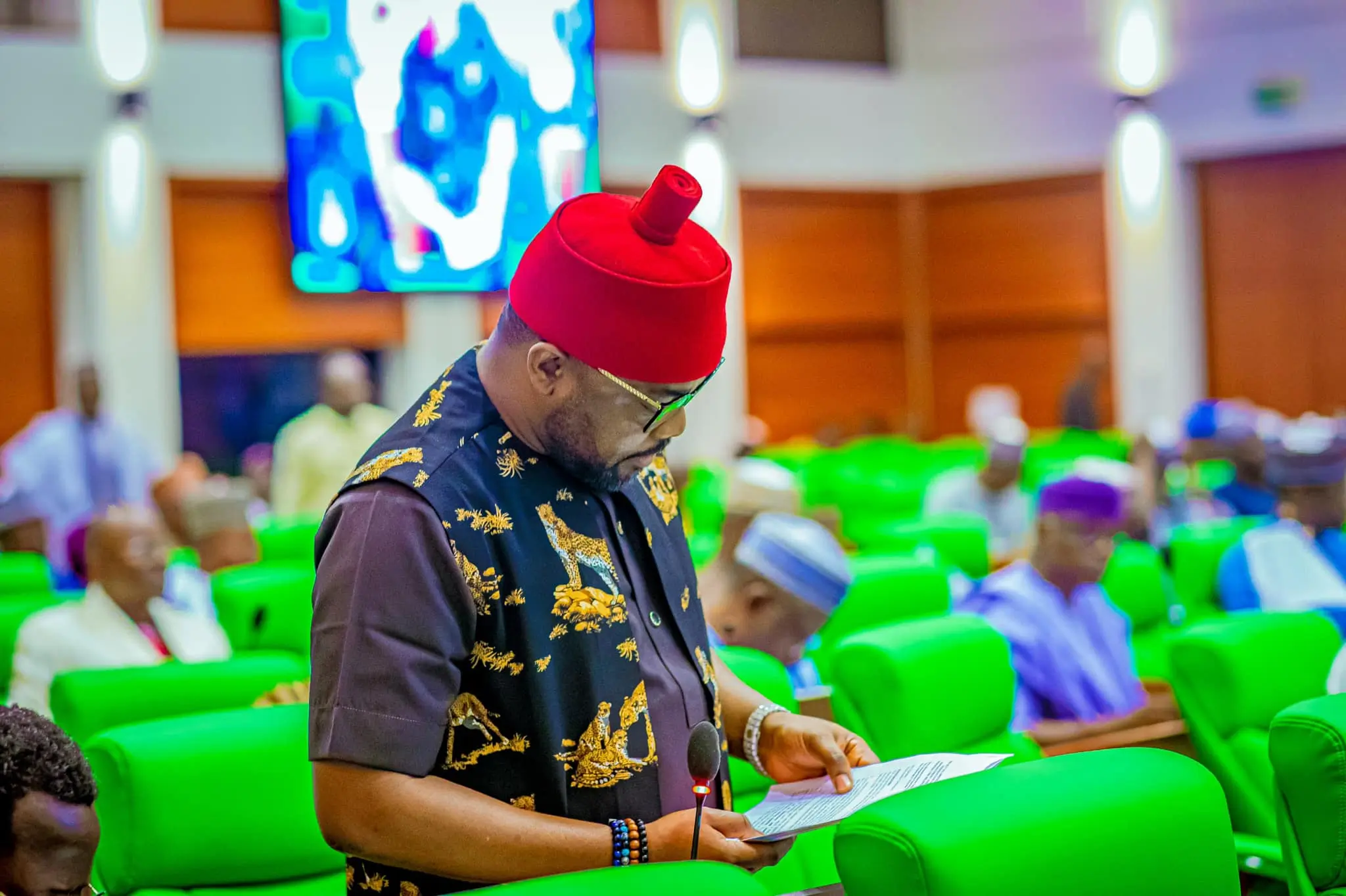Former Vice President of Nigeria and Peoples Democratic Party (PDP) presidential candidate, Atiku Abubakar, has called for constitutional reform to recognise and define the responsibilities of traditional institutions in the country.
Atiku said traditional institutions must be protected from the arbitrariness of state governments, which threatens their stability.
Kano’s Game of Thrones
Atiku’s statement comes as tensions rise in Kano, where two rival royal figures compete for control of one of the
country’s most important political fiefdoms.
Dubbed a Nigerian “Game of Thrones” by AFP, the royal tussle underscores how traditional institutions are increasingly becoming tools of political power in Africa’s most populous country.
Despite not being part of the elected government, Emirs in the mostly Muslim north, alongside Obas or kings and other traditional rulers in the predominantly Christian south, still wield broad influence outside Nigeria’s elected government.
The emir of Kano, by tradition, is the second-most senior Islamic ruler among Nigerian Muslims after the Sultan of Sokoto. However, recently, Kano’s state governor, Abba Kabir Yusuf, restored former emir Muhammadu Sanusi II to the throne, four years after he was deposed by the previous governor.
His successor, Aminu Ado Bayero, was removed on Thursday alongside four other emirs after Kano Assembly lawmakers amended the emirate law of 2019 that established them. As the drama unfolded, Bayero returned to Kano under the cover of night and the next day declared himself the bona fide emir, citing a court order restraining his dismissal pending a hearing in early June.
But in a ruling on Thursday, federal judge Abdullahi Muhammad Liman nullified the reappointment of Sanusi and recognised his dethroned predecessor Bayero as the rightful occupant of the throne.
“I hereby order that every step taken by the (state) government is null and invalid,” Liman said in the judgement read in the courtroom, heavily guarded by security personnel.
The court said that, despite a previous restraining court order, Yusuf illegally went ahead and reappointed Sanusi.
Atiku’s calls for Constitutional Reform to Protect Traditional Institutions
Speaking on recent developments in the country, Atiku noted that state governments have been exerting influence by distorting the modalities of enthroning traditional stools, threatening the stability of traditional institutions.
He stated that when the structure of the ascension of traditional rulers is unstable, it will become equally difficult to maintain peace and orderliness in communities.
Atiku noted the importance of traditional institutions in maintaining peace and orderliness in communities, performing enormous roles in economic life, and governing effectively before the advent of colonialism.
He, however, appealed to state governors to accord respect to the offices of traditional institutions, representing the customs and heritage of the people.
Atiku stresses that constitutional reform is crucial to stem the tide of terrorism and security challenges at the local levels.
In his full statement, Atiku said, “Recent developments in the country has seen a growing tendency of state governments exerting influence in distorting the modalities of enthroning traditional stools. It is a reality that stares us in the face from every corner of the country.
“While it is understandable that the institutions of traditional rulership is in the exclusive purview of the state government, although through the local government authorities, it must be established that traditional institutions constitute a component of our governance structure. And thus, traditional institutions must be protected from the arbitrariness of state governments that threatens their stability.
“When the structure of the ascension of traditional rulers is unstable, it will become equally difficult to maintain peace and orderliness in communities. Although our constitution, in its current format, does not ascribe any recognition to traditional institutions, yet our experiences show clearly that they perform enormous roles in the economic life of their domains, as well as maintenance of peace and security in communities.
“I wish to remind that the traditional institutions formed the governance structures before the advent of the colonialists. And they governed well. Consequently, they are institutions we must protect and preserve and not destroy. It is, therefore, on this basis that I lean towards the advocacy that calls for constitutional reform that will not just recognise traditional institutions in our body of laws but also define the responsibilities of their offices.
“This reform is even more important in view of the collective drive to stem the ugly tide of terrorism and sundry security challenges at the local levels.In conclusion, I must also appeal to state governors to accord the necessary respect to the offices of traditional institutions. The customs that our traditional rulers represent is the totality of our heritage as a people.”
Source: guardian.ng












